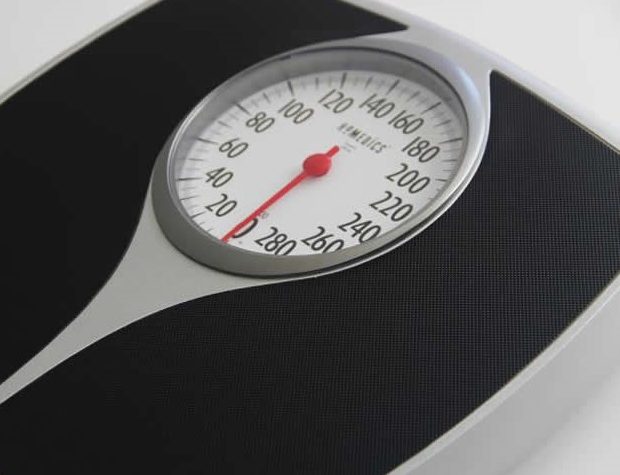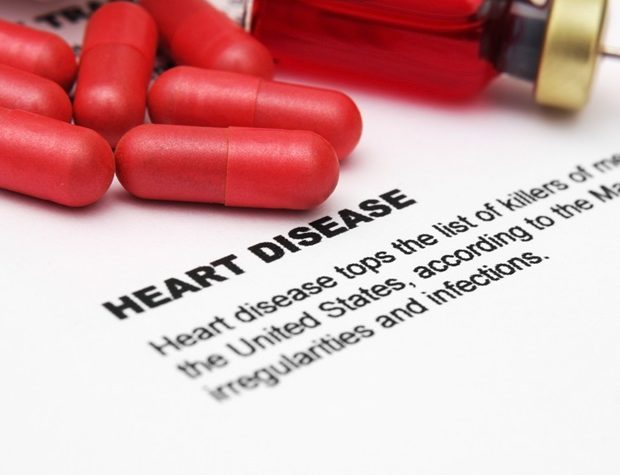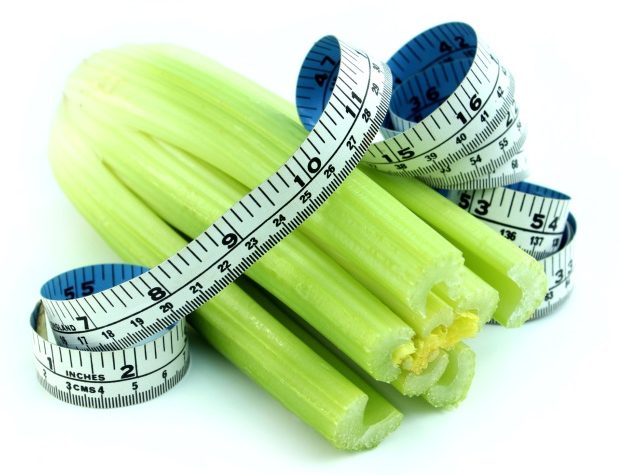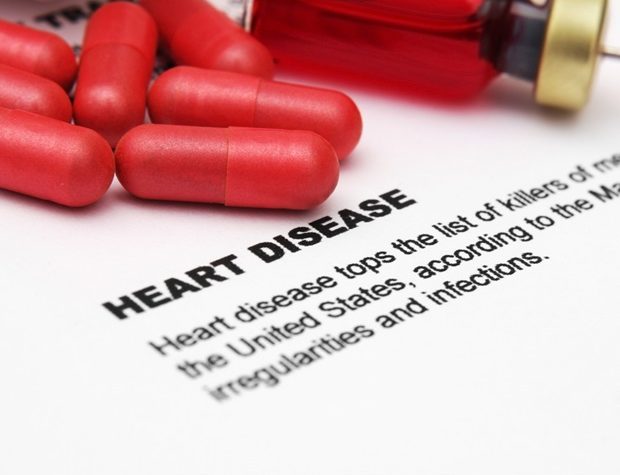
 Share on Pinterest
Share on Pinterest- Carbonated drinks, fruit juices/drinks, and too much coffee can increase the risk of stroke and intracerebral hemorrhage, according to newly released research.
- Drinking four cups of coffee per day increases the risk of stroke, but drinking less does not, the researchers found.
- Tea generally protects against stroke, although not in South Asia, say the researchers.
- These conclusions are drawn from data representing a large number of participants from 32 countries.
Beverages many of us drink in our daily lives can increase the risk of having a first ischemic stroke or intracerebral hemorrhage (ICH), according to a pair of new analyses from an international team of researchers.
The analyses implicate carbonated beverages, fruit juices and fruit drinks, and more than four cups of coffee per day, all of which significantly increase the risk of stroke or ICH.
The data upon which the analyses were based was the large, international INTERSTROKE case study whose results were first published in 2016. That study involved 26,950 individuals from 32 countries. The current analyses of INTERSTROKE data were collaboratively conducted by researchers at McMaster University in Ontario, Canada, and the University of Galway in Ireland.
The risks associated with the beverages varied to some extent depending on geographic location and population in the new analyses.
According to the analyses:
- Carbonated drinks, both sugar- and artificially sweetened, such as sodas, were associated with an increased likelihood of a first stroke or ICH by 22%. This association was strongest in Africa, Eastern and Central Europe and the Middle East, and in South America.
- Fruit juice and fruit drinks raise the risk of ICH by 37%, with women at a higher risk than men. Two such drinks a day triples this risk. The researchers suggest this may be due to sugar and other ingredients added to fruit-based drinks that overwhelm their healthy properties.
- Drinking more than four cups of coffee per day raises one’s chances of having a first stroke by 37%.
Moderate daily consumption of coffee — less than four cups — was not associated with an increased risk of stroke.
Tea was found in the new analyses to have a protective effect against strokes in South America and China, but was associated with a higher chance of stroke in South Asia.
The researchers also found that drinking more than seven cups (56 oz.) of water per day reduced the risk of stroke by 18%.
The study of carbonated beverages and fruit juices and drinks is published in the Journal of Stroke, and the coffee and tea study was published in the International Journal of Stroke.
The conclusion that carbonated beverages — most of which are sodas — may not be healthy is not especially surprising.
Christopher Yi, board certified vascular surgeon at Memorial Orange Coast Medical Center in Fountain Valley, CA, was not involved in the research. He described the issue with sugar-sweetened fizzy drinks.
“High sugar content in regular carbonated drinks can contribute to obesity, diabetes, and hypertension, all of which are major risk factors for ischemic stroke and ICH,” said Yi.
“Similarly, the sugar additives to fruit drinks can cause rapid spikes of blood sugar and insulin levels, which can promote inflammation and endothelial dysfunction, increasing the risk of ICH,” he said.
As for artificially sweetened drinks, noted Jayne Morgan, MD, “Artificial sugars can negatively impact vascular health, blood vessel function, and even contribute to inflammation, thereby increasing the risk of stroke.”
Morgan is a cardiologist and the Executive Director of Health and Community Education at the Piedmont Healthcare Corporation in Atlanta, GA, and was likewise not involved in this research.
“There have been several studies supporting this finding,” said Morgan, “including one in Stroke in 2019 that found people who consumed two or more artificially sweetened beverages a day had a greater risk of stroke than those who consumed less, or zero, daily.”
“Like most things being consumed, moderation is safer than excessiveness,” said Yi of drinking coffee.
While the caffeine in coffee can cause an increase in blood pressure, increasing stroke risk, coffee also contains beneficial polyphenols.
Yi said that polyphenols “have anti-inflammatory and antioxidant properties that can reduce atherosclerosis and improve vascular function.”
Regarding the different conclusions reached by different coffee studies, Yi hypothesized, “Variations between different studies can be influenced by factors such as population characteristics, coffee preparation methods, and lifestyle confounders.”
Morgan said, “The coffee data is all over the place. The tea data has been more reproducible and consistent. Specifically, green and black teas have been shown to reduce the risk of stroke.”
In regions where tea was found to lower risk, different teas had slightly different effects. Three to four cups of black tea a day—such as Earl Grey or Breakfast tea—lowered the risk of stroke by 29%. The same number of cups of green tea lowered the risk by 27%.
“This effect is thought to be due to the rich amount of antioxidants found in tea. Catechins and epicatechins can decrease inflammation in the blood vessels, reducing oxidative damage that increases the risk of stroke,” explained Morgan.
“Tea has also been linked to decreased blood pressure and improved endothelial function of blood vessels, thereby diminishing stroke risk,” Morgan said.
The data also suggested that adding milk to tea reduced its beneficial effect against stroke, perhaps due to its inhibition of antioxidant effects.
Morgan explained water’s role in reducing dehydration, a serious stroke risk factor.
“Dehydration causes more viscous blood that is more likely to clot. Thinner blood also flows more easily to all areas of the body, including the brain, providing protection from clots and stroke. Dehydration can also lead to hypertension as the body struggles to regulate blood pressure,” Morgan added. “High blood pressure is a significant risk factor for stroke. Good blood volume is essential to regulating blood pressure,” said Morgan.
Source: https://www.medicalnewstoday.com




More Stories
Classic and green Mediterranean diets may help slow brain aging
Rheumatoid arthritis linked to changes in the gut microbiome in new study
Could taking fish oil supplements help lower cancer risk?